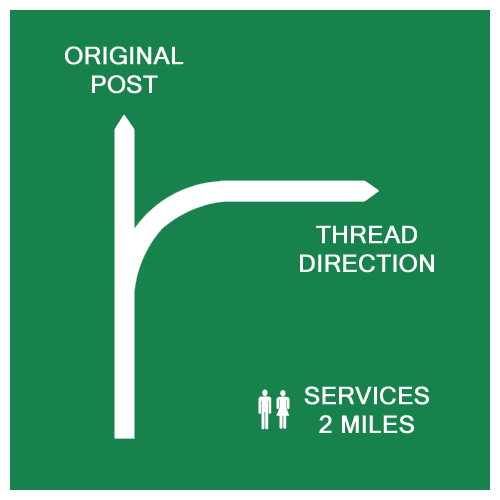gtrb26dett
New member
Hi all I'm curious what everyone thinks. Should I be drinking a protein shake after work?
As I have heard you can not build muscle if you do not supply your body with protein, as I'm a girl anyway I'm not going to get muscle, I just want a little bit of definition not much.
With regards to my work it can be hard at times with a lot of lifting, then riding track horse's. I just seem to be losing weight not getting any stronger.
So should I drink a protein shake?
Also does anyone else get this problem. I wake up so hungry I eat a very big breakfest but I just get super hungry again in like 2hours or less. It seems like I'm always hungry but I'm always eatting.
Any advice would be great.
As I have heard you can not build muscle if you do not supply your body with protein, as I'm a girl anyway I'm not going to get muscle, I just want a little bit of definition not much.
With regards to my work it can be hard at times with a lot of lifting, then riding track horse's. I just seem to be losing weight not getting any stronger.
So should I drink a protein shake?
Also does anyone else get this problem. I wake up so hungry I eat a very big breakfest but I just get super hungry again in like 2hours or less. It seems like I'm always hungry but I'm always eatting.
Any advice would be great.



